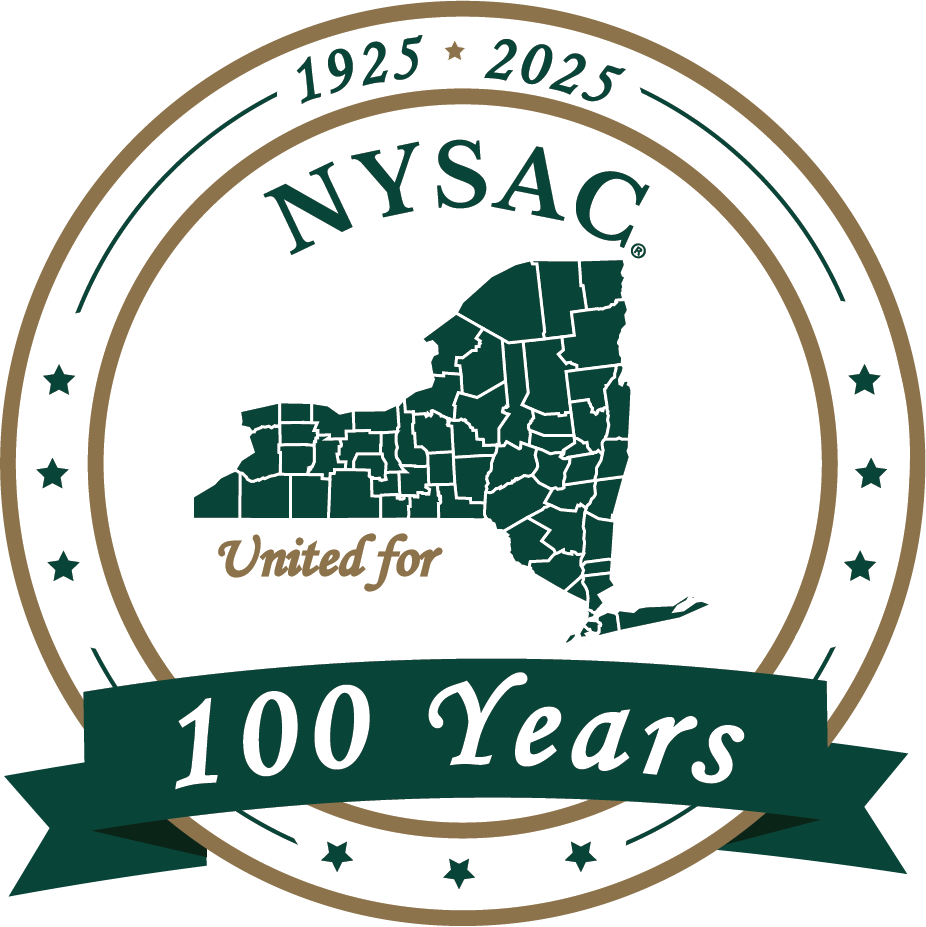NYSAC Pushes for Statewide Registry of Short Term Rentals

By Joe Mahoney
Contributing Author
Unregulated and untaxed, New York's rapidly expanding short-term rental industry has been the beneficiary of an uneven playing field as it competes with the traditional hospitality industry for bookings.
The New York State Association of Counties, recognizing how the imbalance has exacerbated the state's housing crisis while depriving local governments of revenue, is throwing its full support to legislation that would create New York's first statewide registry for short term vacation rentals such as Airbnb and VRBO.
"It's becoming the Wild West out there," said Assemblymember Patricia Fahy of Albany, a leader in the push to convince the Legislature to bring statewide oversight to short-term rentals.
Housing experts point out that when a previously occupied house or apartment is converted to a short-term rental and listed on Airbnb and other platforms year round, it effectively removes that housing unit from the rental market, and can become a factor in rising rents by reducing a community's already limited supply of affordable housing.
The lack of regulation has become an incentive for some property owners to list each unit in a building on Airbnb, rather than rent to local residents, in effect creating "cottage hotels," thus slicing into the stock of affordable housing, a 2023 article in the Harvard Law & Policy Review reported.
Advocates for the bill that would create a state registry say it would bring much needed transparency to a lucrative industry that has been allowed to go untaxed by state, county and local governments while also addressing the need for affordable housing.
"This bill would help level the playing field with our existing hotel, motel and hospitality industry operators," said Ryan Gregoire, NYSAC's legislative director. He noted that established entities remit sales taxes to the state and to county governments, with many of the latter sharing that revenue with local town, village and city governments.
The measure, Gregoire said, would end the unfair advantage that short term rentals get by escaping not only sales taxes but also occupancy taxes.
The occupancy taxes from hotels and motels are often channeled into tourism promotion programs -- programs that could end up also benefiting the short term rental industry even though those platforms, with the exception of some special local agreements between Airbnb and certain counties, have paid no occupancy taxes.
The bills in the Assembly and Senate are being carried by Fahy and Senator Michelle Hinchey of Saugerties, respectively.
Fahy said the registry proposal has sparked concerns that a bureaucracy of several dozen staffers would be needed to manage it and provide enforcement. However, the task could be handled far more efficiently and at low cost,by simply using available software to deal with the data.
With the software, she said, the registry would become self-populating.
"Getting a registry is critical because we know that, especially since COVID, that there has been an exponential increase in short-term housing, and that is fueling the housing shortages that we have," Fahy said.
New York City, she pointed out, has created a registry that is being run "in a very manageable way."
One recent study noted the short term rental industry has increased by a phenomenal 800% since 2011.
Mark Dorr, president of the New York State Hospitality & Tourism Association, and Bob Provost, president of the New York State Tourism Industry Association, are among those who have thrown their support to the legislation.
"Left unregulated and operating unchecked, short-term rentals can pose a potential risk to the health and safety of both guests and residents and ultimately also pose a threat to housing affordability for residents and the local workforce, threatening the very viability of a community," Provost said.
Still another benefit of having a statewide registry is that it will provide essential information to communities that will be valuable in addressing housing needs as they evolve from local development projects that bring new employment opportunities to a region, Fahy said.
"This has really become a very serious problem, and that is why we are trying to get this through," the Assembly member said.
Contact Us
New York State Association of Counties
515 Broadway, Suite 402
Albany, NY 12207
Phone: (518) 465-1473
Fax: (518) 465-0506

